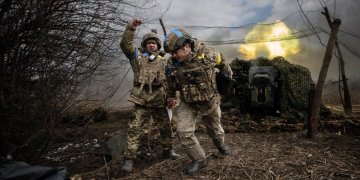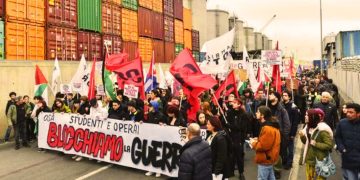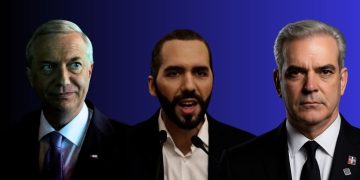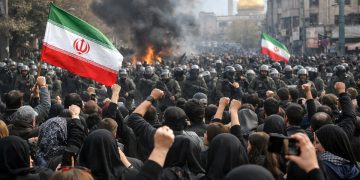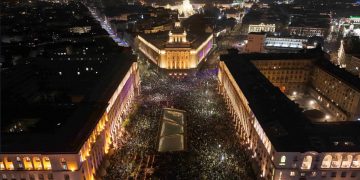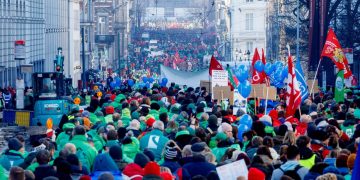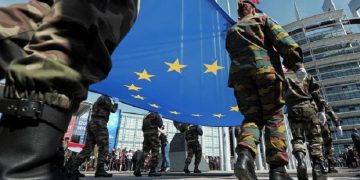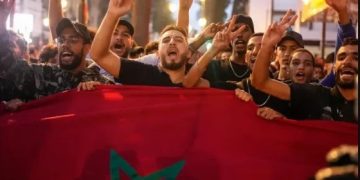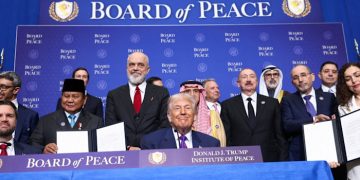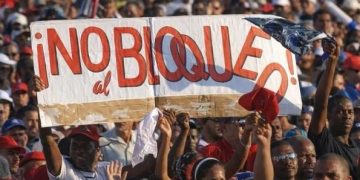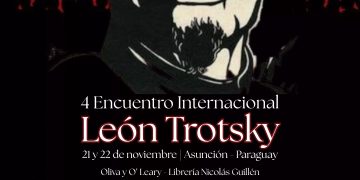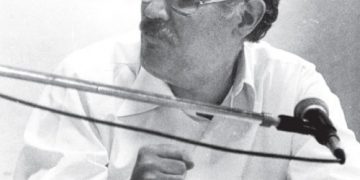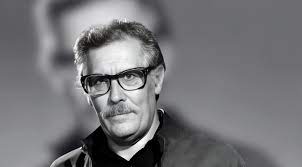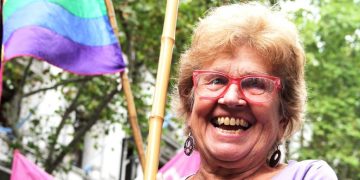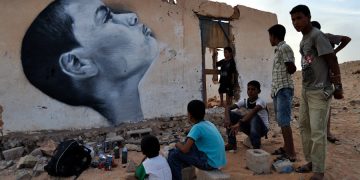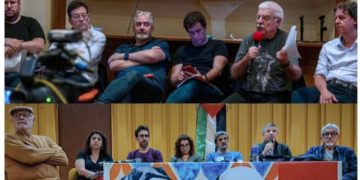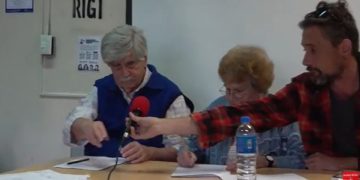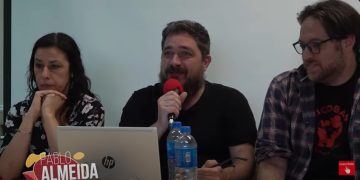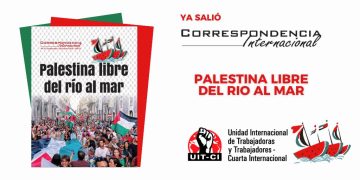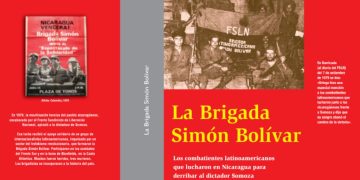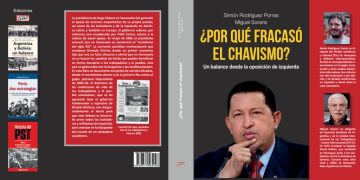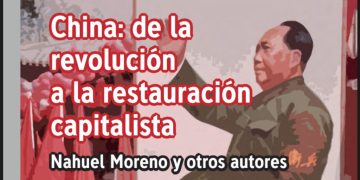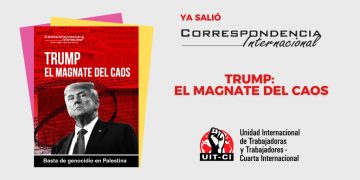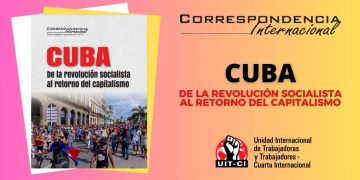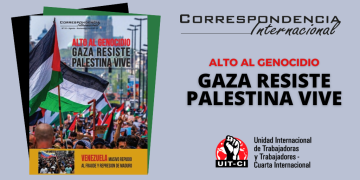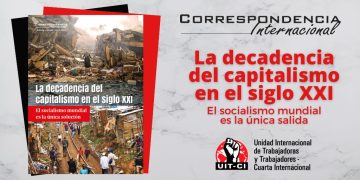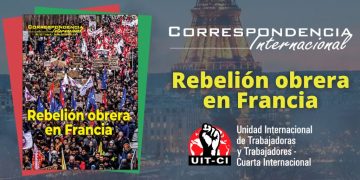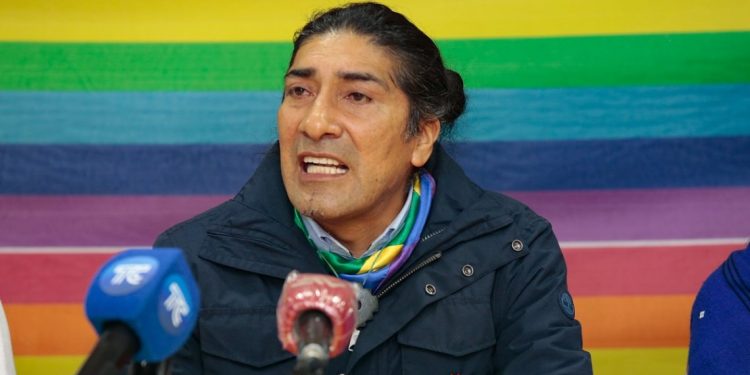By Miguel Lamas, a leader of the IWU-FI.
On 7 February, Ecuador held its national presidential elections, amid a profound political crisis. The Correa’s protege candidate Andres Arauz got 32 per cent of votes, Yaku Perez from Pachakutik and the indigenous organisation CONAIE surprised with almost 20 per cent, and banker Guillermo Lasso another 20 per cent, being in a virtual tie. Ecuador’s top electoral body on Friday allowed a partial recount, and it is still to be seen who faces Andres Arauz in the runoff.
Yaku Perez, the Pachakutik candidate, is a former Azuay province governor, and a leader of the indigenous national movement CONAIE (National Confederation of Indigenous Nationalities of Ecuador). Although polls suggested he had little chance of winning, in a confusing electoral scenario where the Anti Correa voters dispersed, as 15 candidates running for election, and sectors that broke up with Correa, asking to cast a blank ballot.
24 hours after the election, with 97 per cent votes tallied, Yaku Perez came second. Suspiciously, however, three days later he lost by a tenth of a point to Lasso. Yaku denounced the manipulation of data by the CNE (National Electoral Council) and Correa’s party behind Arauz. Correa’s party prefers Lasso in the run-off as Arauz’s opponent, he could win Lasso easily as he is identified with the oligarchic right. With Yaku, the runoff could be more difficult.
Lenin Moreno and Rafael Correa
Correa was president from 2007 to 2017. As Lula or Maduro and the rest alike, he governs with double talk, a so-called socialism and anti-imperialism, but his economic measures were oriented to multinational investment, especially oil and mining, and his government was deeply corrupt. He repressed indigenous and popular sectors for opposing those economic measures in favour of multinational companies. Yaku Perez was accused in 2011 of “terrorism” for promoting indigenous demonstrations against a mining project that affected water supplies. They imprisoned him three times and underwent tens of legal prosecutions.
In 2017, Correa did not stand as a candidate as he had lost credibility. His organisation Alianza Pais (PAIS Alliance) ran Lenin Moreno, who had been his vice-president, and who won the elections in the runoff with a narrow margin against Guillermo Lasso. Shortly after winning, Lenin Moreno broke with Correa, turning to the right.
The October 2019 popular indigenous uprising
In October 2019, there was a huge popular uprising against Lenin Moreno’s agreement with the IMF, which established a 100 per cent oil increase and cuts to the public sector. Thousands of indigenous people occupied Quito with students’ support. They occupied Parliament and made the deputies, senators and the president Lenin Moreno, run. Police repression caused 10 people dead, but they could not defeat the uprising.
Yaku Perez was one of the outstanding leaders of this uprising. At that moment he asked for Parliament to dissolve, an institution people hated, and demanded a People’s Parliament be installed in its place, represented by the indigenous organisations (CONAIE and Amazon), FUT (Unified Workers Front), workers, and students.
A week later, the IMF agreement was annulled, with the Quito centre still occupied by the indigenous people. The UN and the Catholic Church had to mediate. It was only then that the indigenous people withdrew and the president and the deputies and senators could return to their seats.
The People’s Parliament gathered a month later and drew up a programme for a future government.
Yaku Perez candidacy
Yaku Perez’s candidacy in Pachakutik is thus an expression of the indigenous rebellion, led by CONAIE, and of the rupture of indigenous and popular sectors with Correism.
Yaku Perez raised the agenda of the People’s Parliament and focused his campaign on the defence of water for agriculture in indigenous communities. He even changed his original name from Carlos Perez to Yaku, which means water in Quichua. Water, which is scarce in the highlands of Ecuador, is poisoned by multinational mining companies or hoarded by a few landowners. Yaku says that if he wins, he will hold a plebiscite to ban metal mining. He also proposes economic support for small-scale indigenous peasant production, suspension of foreign debt payments and «repatriation» of escaped capital, a tax on the rich to pay for the crisis, an end to corruption and a halving of all the very high salaries of deputies, ministers and government officials.
Yaku Perez speaks of meeting popular demands by agreeing, without corruption and «transparent», with multinationals and bankers and all sectors, on a national development plan. The historical experience of the struggle of Ecuadorian and international indigenous peoples and workers clearly shows that these just demands cannot be achieved without confronting capitalists, multinationals, oligarchs and bankers, especially when, even if Pachakutik wins the presidency in a runoff, it will be in a minority in the elected parliament.
Therefore, if Yaku Perez defeats fraud and wins, the People’s Parliament must be reconvened, with representatives of indigenous, workers’, students’ and popular organisations, to define the economic and social plan for the popular sectors imposed through struggle.
Faced with the accusation of fraud made by Yaku Perez, an impressive mobilisation of indigenous and popular organisations began, which at first compelled the CNE and the banker Lasso to accept the demand for a recount of votes in 17 provinces. But now Lasso himself says they should recount votes if all 16 candidates do not agree!
Even if Pachakutik’s programme is restricted and reformist of class conciliation, it expresses the main indigenous demands that Correism betrayed. Therefore, it would be huge democratic achievement of the indigenous and workers’ movement if it could get through to the runoff to challenge the Arauz candidacy. In the IWU-FI, we support the Ecuadorian indigenous people and workers and we join them in their demand against fraud to Yaku Perez candidacy.








